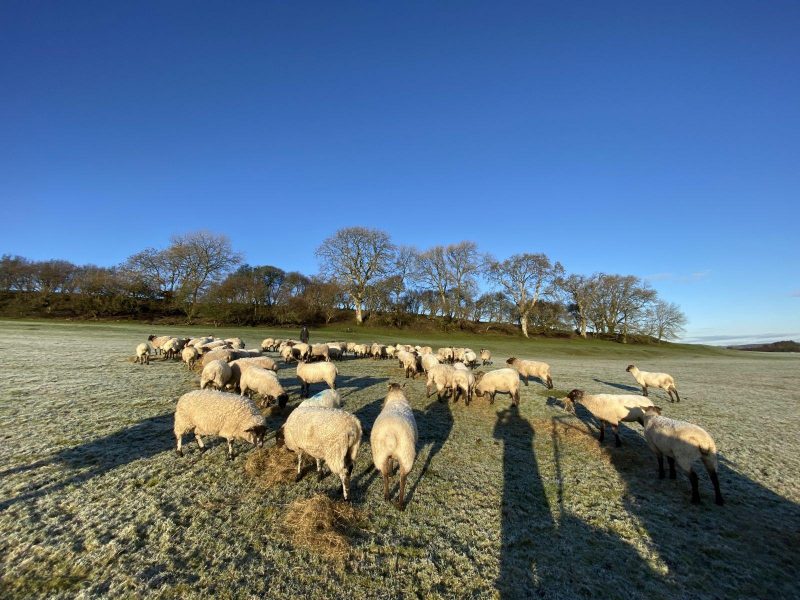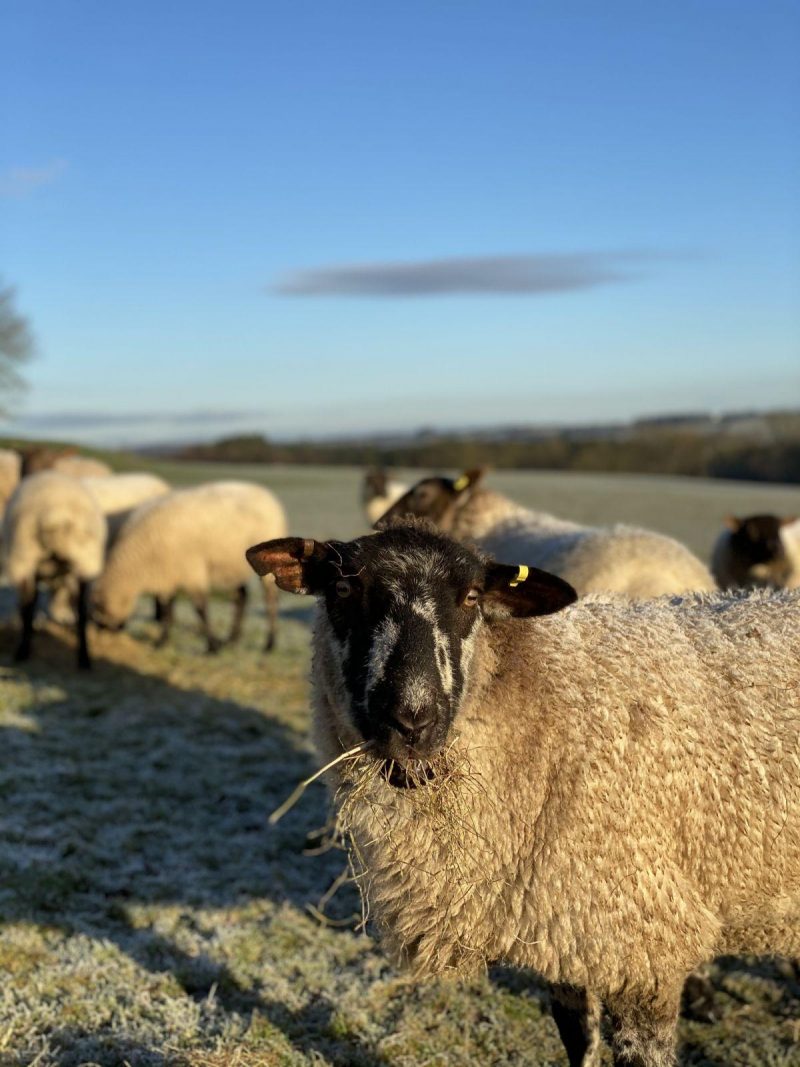Vet Sustain Food & Farming Working Group
Progress so far
Alice Geddes
In early 2019 the British Veterinary Association (BVA) issued their position statement on sustainable animal agriculture, outlining the key role the veterinary profession has to play in advancing the roles and status of animals within the sustainability debate. The BVA believes that sustainable animal agriculture should be undertaken in a way that is environmentally, ethically, and economically acceptable for consumers, producers and wider society.
Vet Sustain was formed as an organisation in 2019, recognising the unique position that veterinary professionals occupy at the human-animal-environment interface. The volunteer organisation laid out its strategy for supporting the veterinary professions to create meaningful change through their work. Six sustainability goals were outlined to highlight the ways in which veterinary professionals can, and do, play a key role in addressing the multiple challenges facing society. These goals are:
- Diverse and abundant wildlife
- A good life for animals
- Net zero warming
- Health and happiness
- A no-waste society
- Enough clean water for all
In order to achieve these goals, members of the Vet Sustain community formed four working groups: Veterinary Curriculum, Greener Veterinary Practice, Food & Farming and Communications. Each working group has its own objectives, and benefits from the wide breadth of knowledge and experience of its members.

Photo credit: Max Wade
The Food & Farming Working Group
The Food and Farming Working Group (FFWG) first met in April 2020, and the primary goal of the group was agreed: to develop and deliver a suite of products tailored to the veterinary community that successfully drive effective change towards more sustainable food production practices, by appealing to the motivation(s) of both veterinarians and farmers.
Or put succinctly: ‘Vet Sustain supports and empowers the veterinary community to deliver to the farmer’.
The working group will be contributing to the Vet Sustain objective “to equip veterinary professionals and vet-led businesses with the tools to support uptake of sustainability policy and practices in the sectors we influence through the animals under our care, by 2025.”
The group has 10 members with representatives from a range of backgrounds within the veterinary sector. For details on these members, take a look at the FFWG page on the Vet Sustain website.
The FFWG meets monthly to discuss projects and share ideas. Despite our different backgrounds and experience all members are engaged and enthusiastic to make progress on sustainability within the food and farming sector.
Our current projects include:
- Production of an introductory signposting document for the veterinary community detailing on-farm practices that lead to a more sustainable system. Resources are being pooled amongst a small focus group of interested farm practitioners with a variety of interests and experience. One focus group meeting has already taken place with another intended for mid-January. The document produced will be available for the wider profession as a free resource on the Vet Sustain website.
- A sustainable agriculture training course, with key elements focusing on agroecological principles of food production for veterinary professionals is in development. Currently in its early stages, the course will be delivered by a series of webinars, podcasts, online tutorials and farm visits. The course is intended for launch in summer 2021 with a limited number of places in the initial cohort. For more details regarding our progress, keep an eye on the Vet Sustain website and social media channels. Registrations of interest will be accepted from January 2021 and should be sent to [email protected].
For those of you interested in assisting with the work of the FFWG make sure you keep an eye on the website and follow our social media channels for future opportunities to join us. We are always on the lookout for guest authors to provide interesting and insightful articles on sustainable agriculture - please send any ideas through to [email protected].
